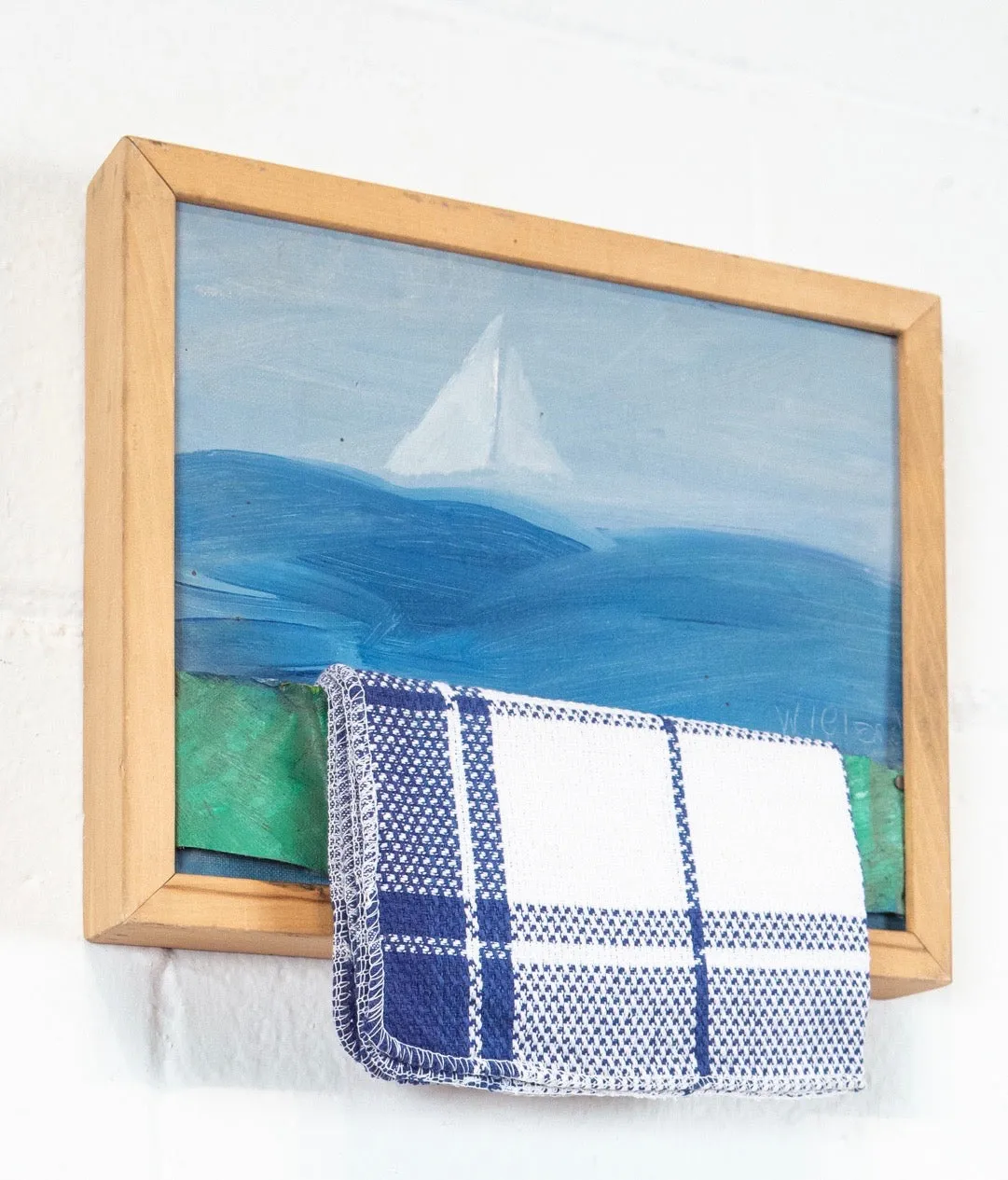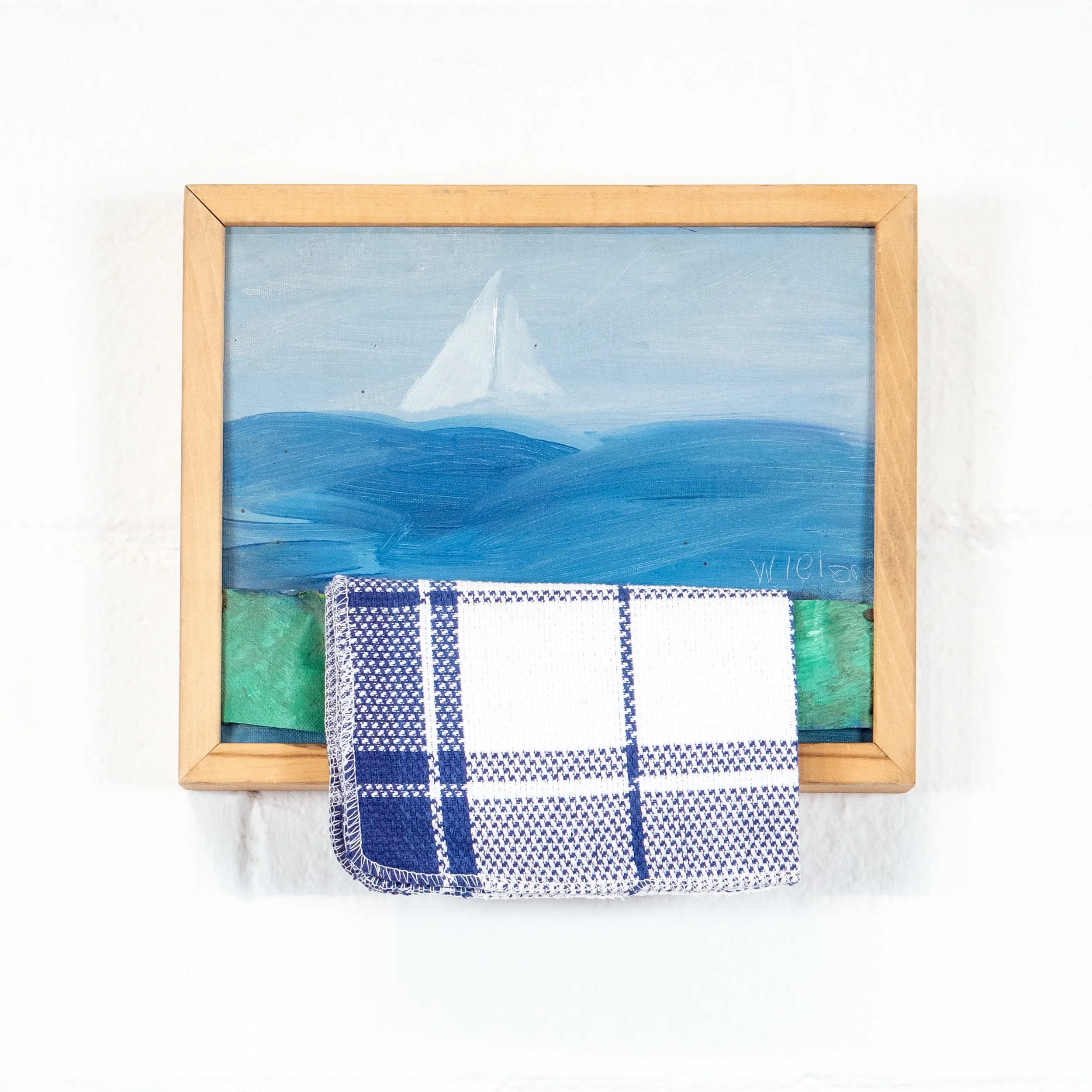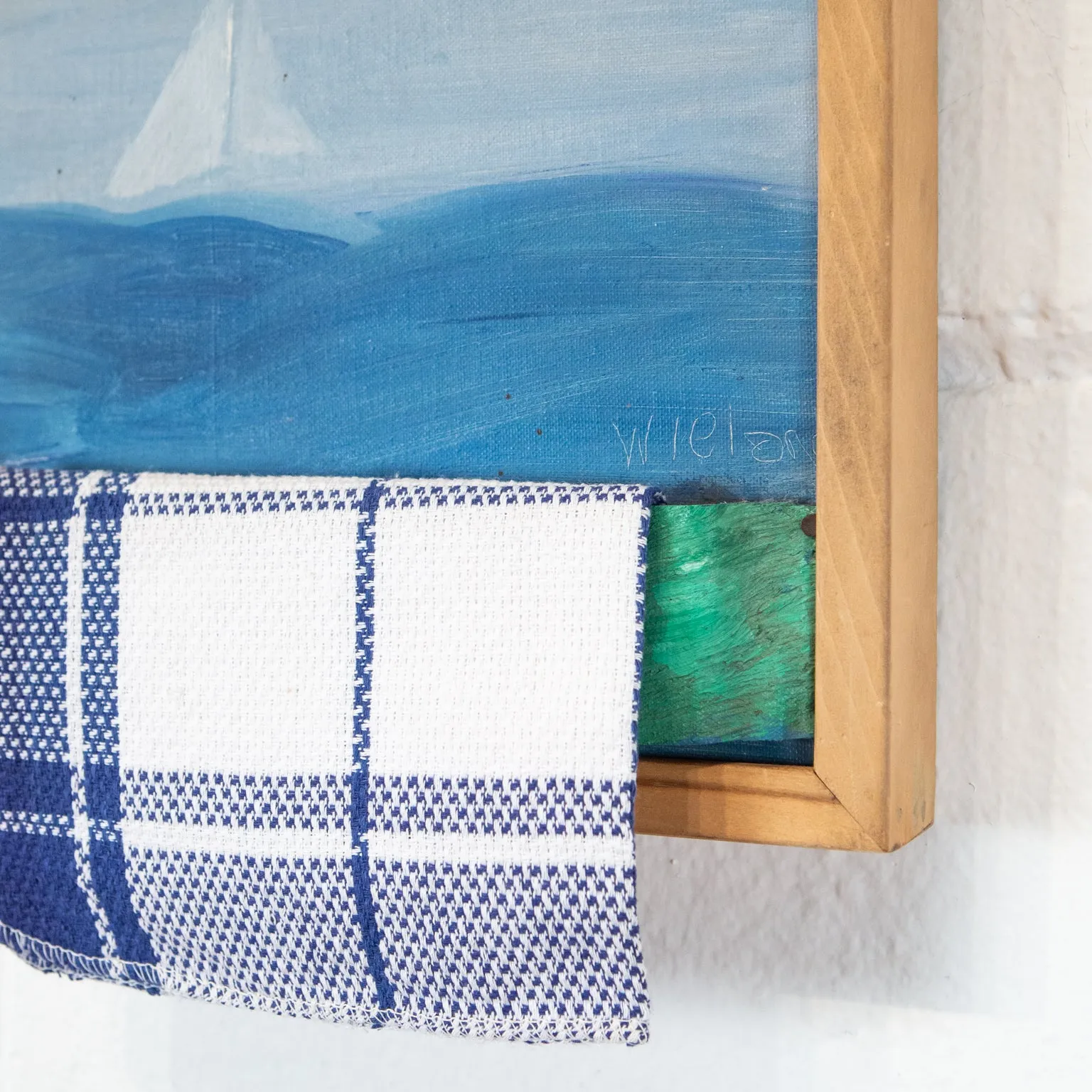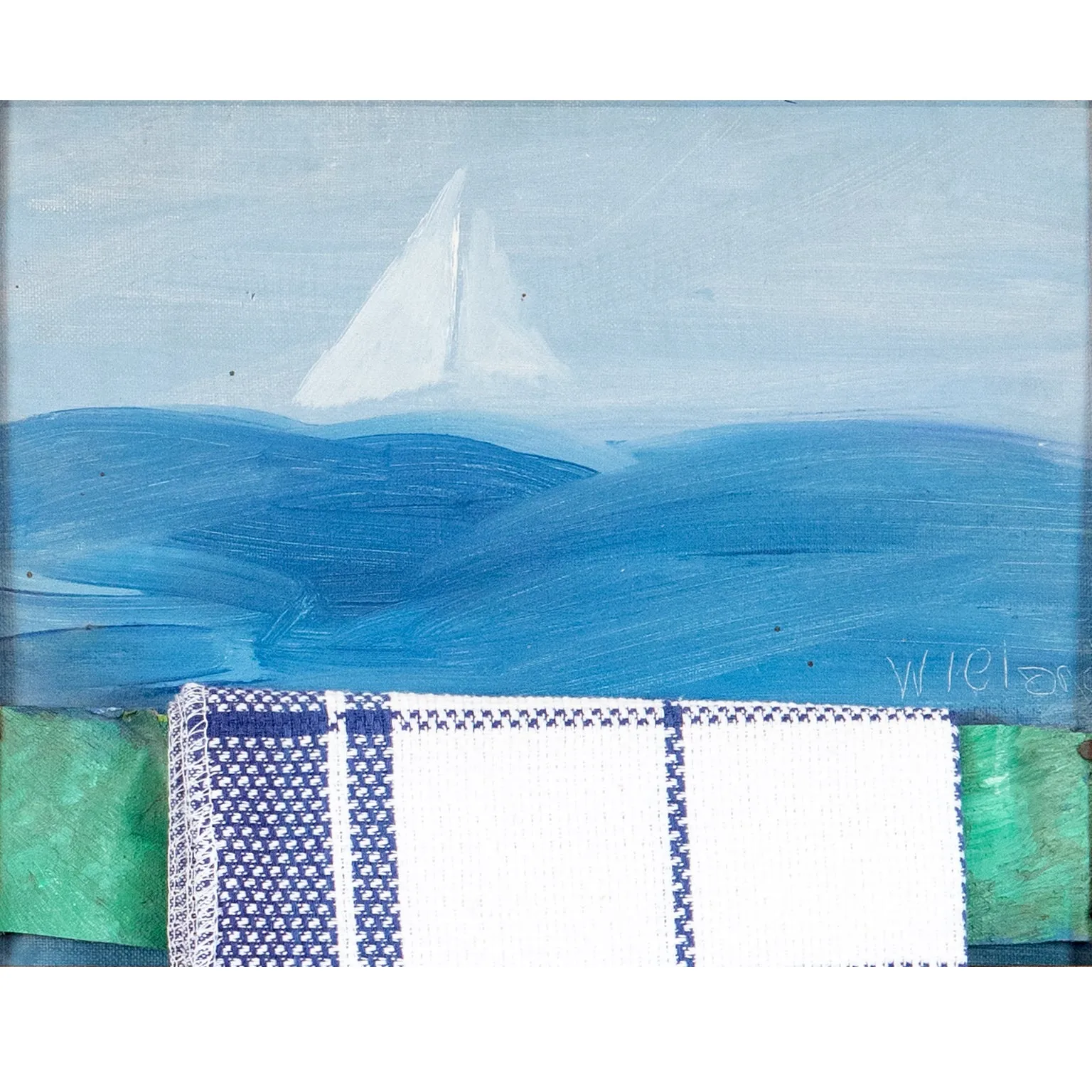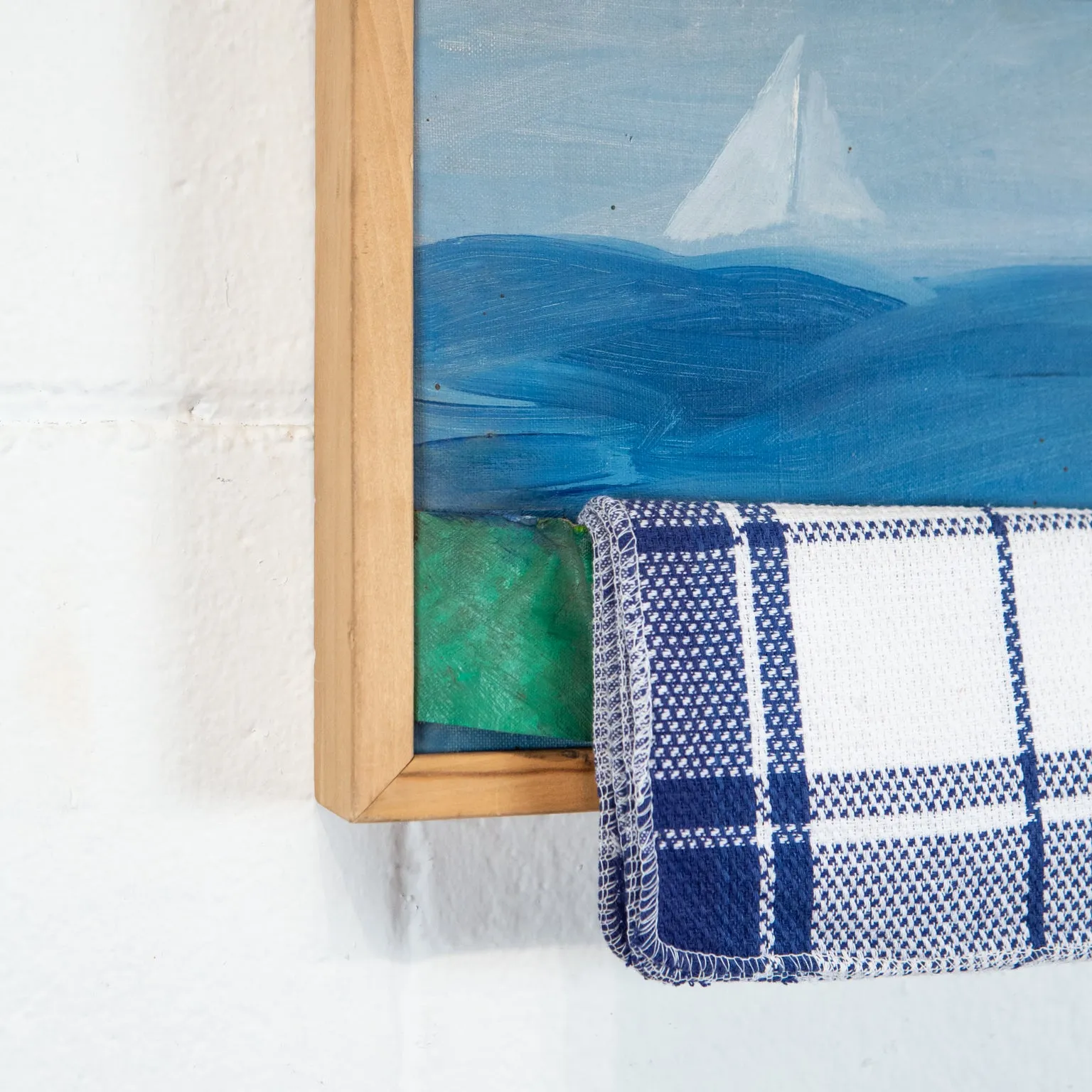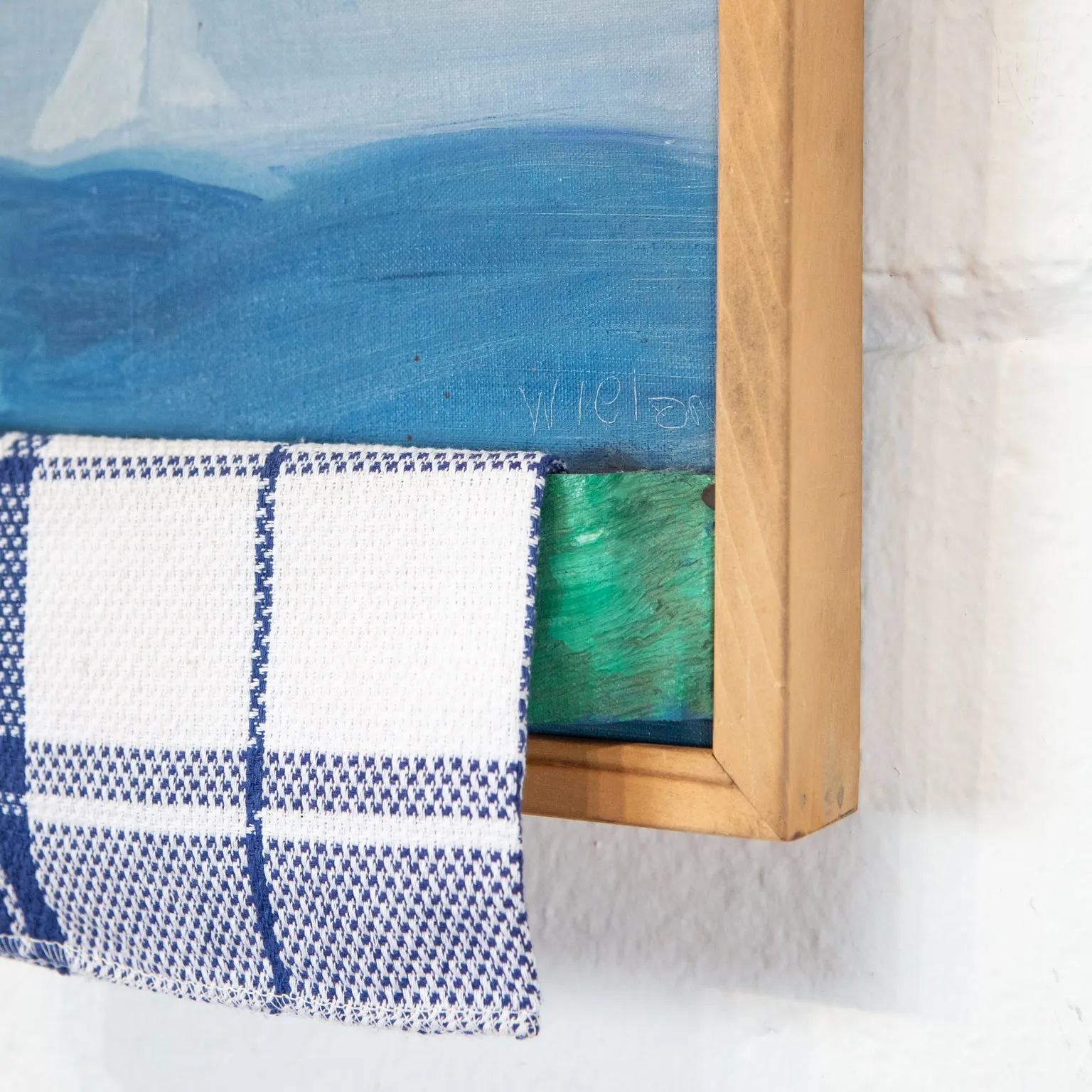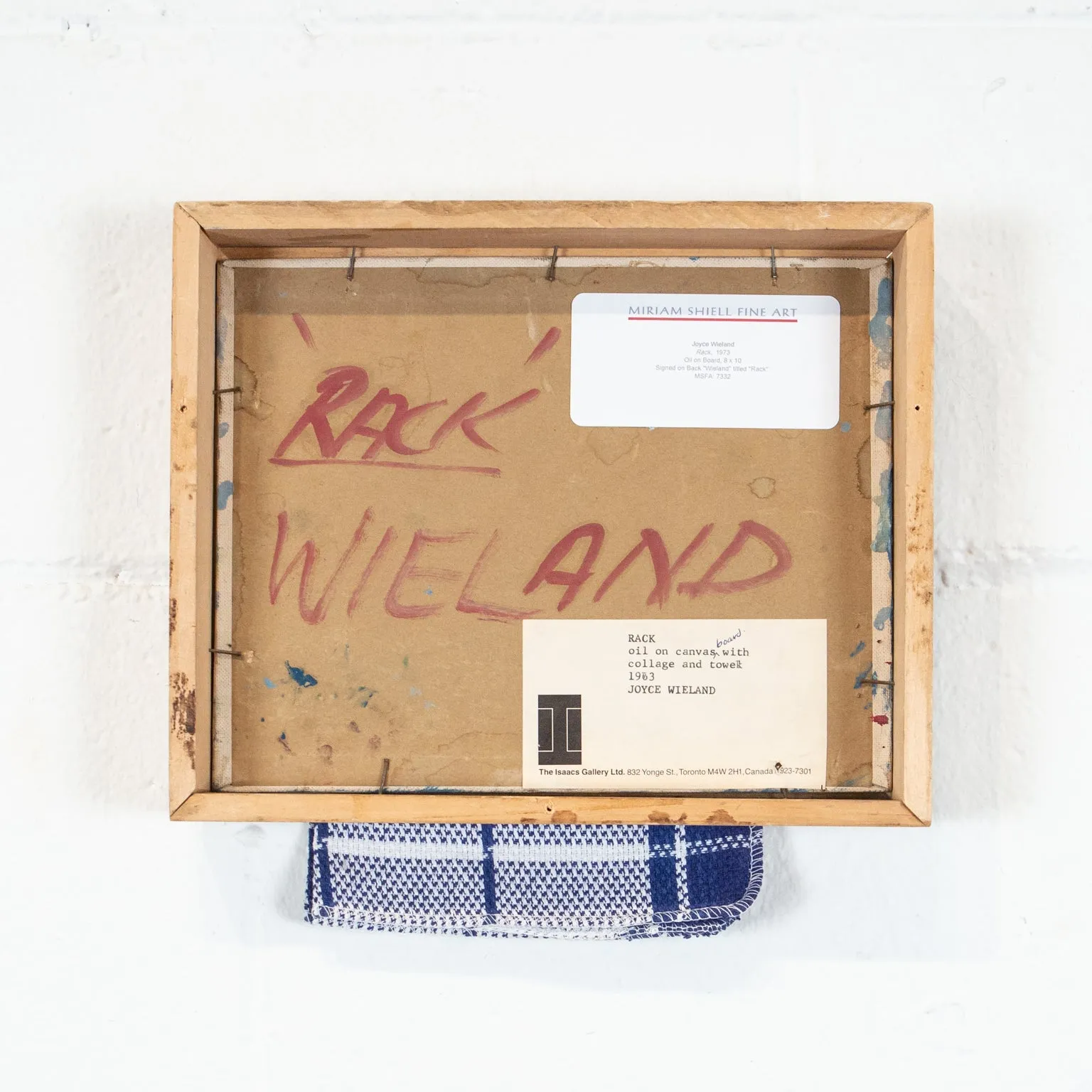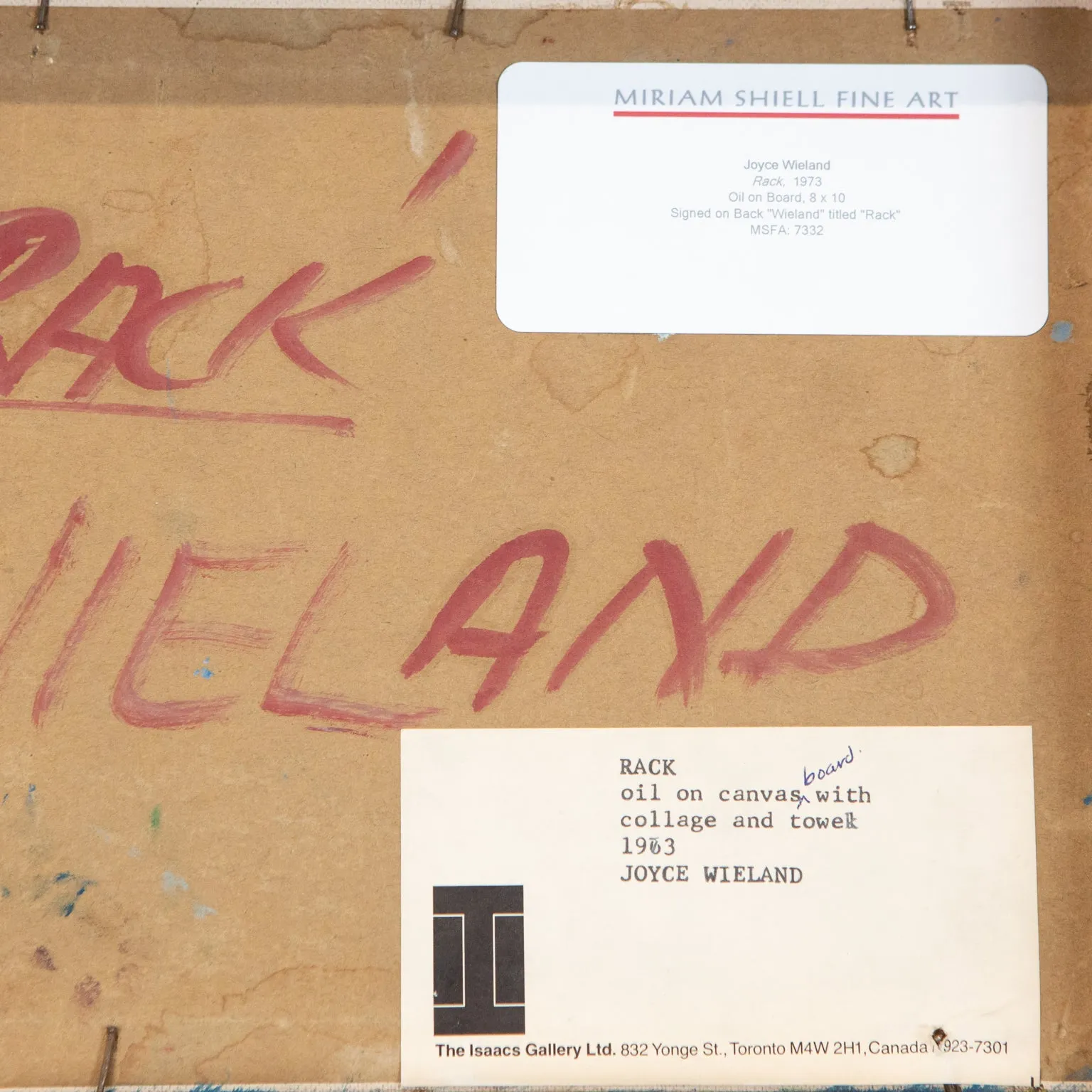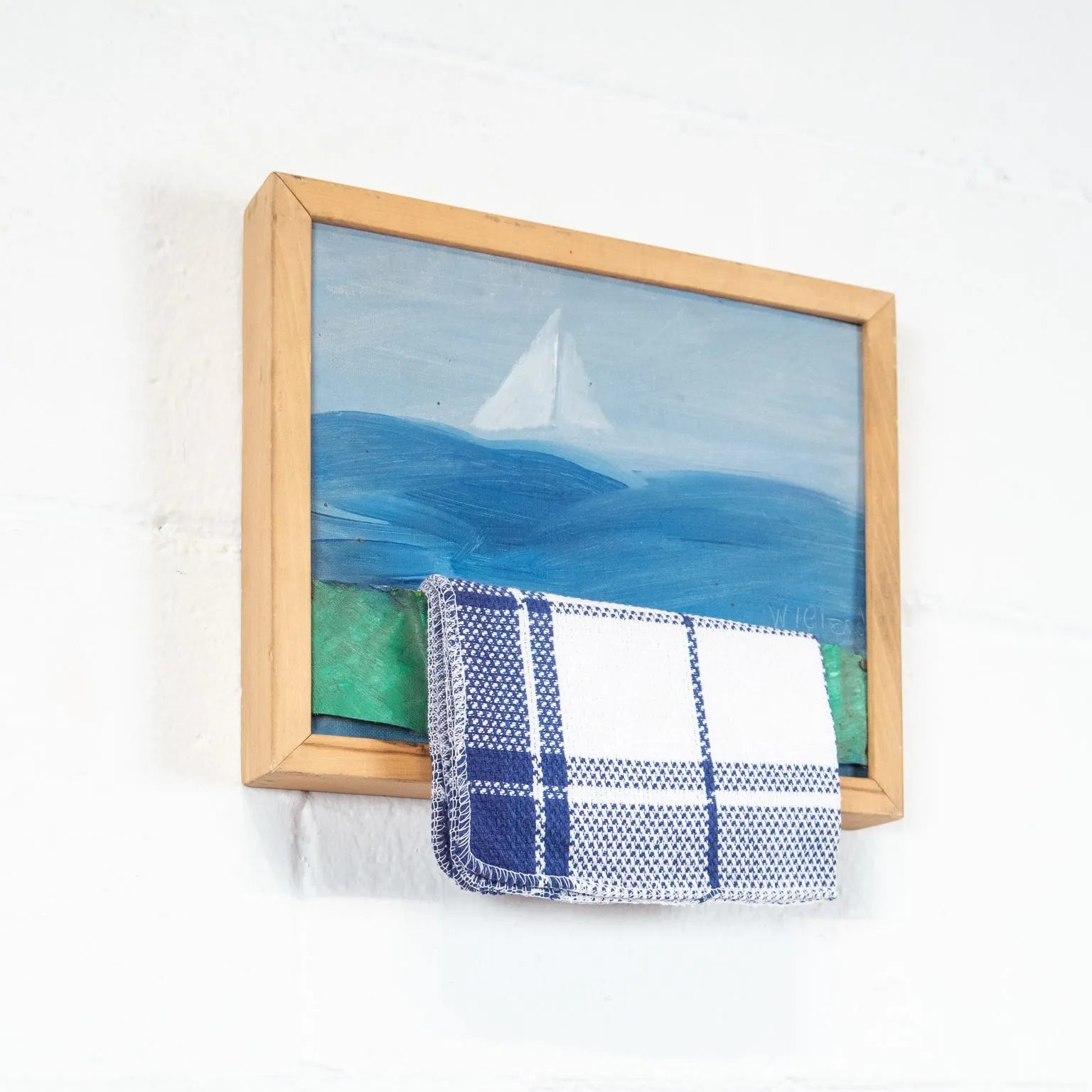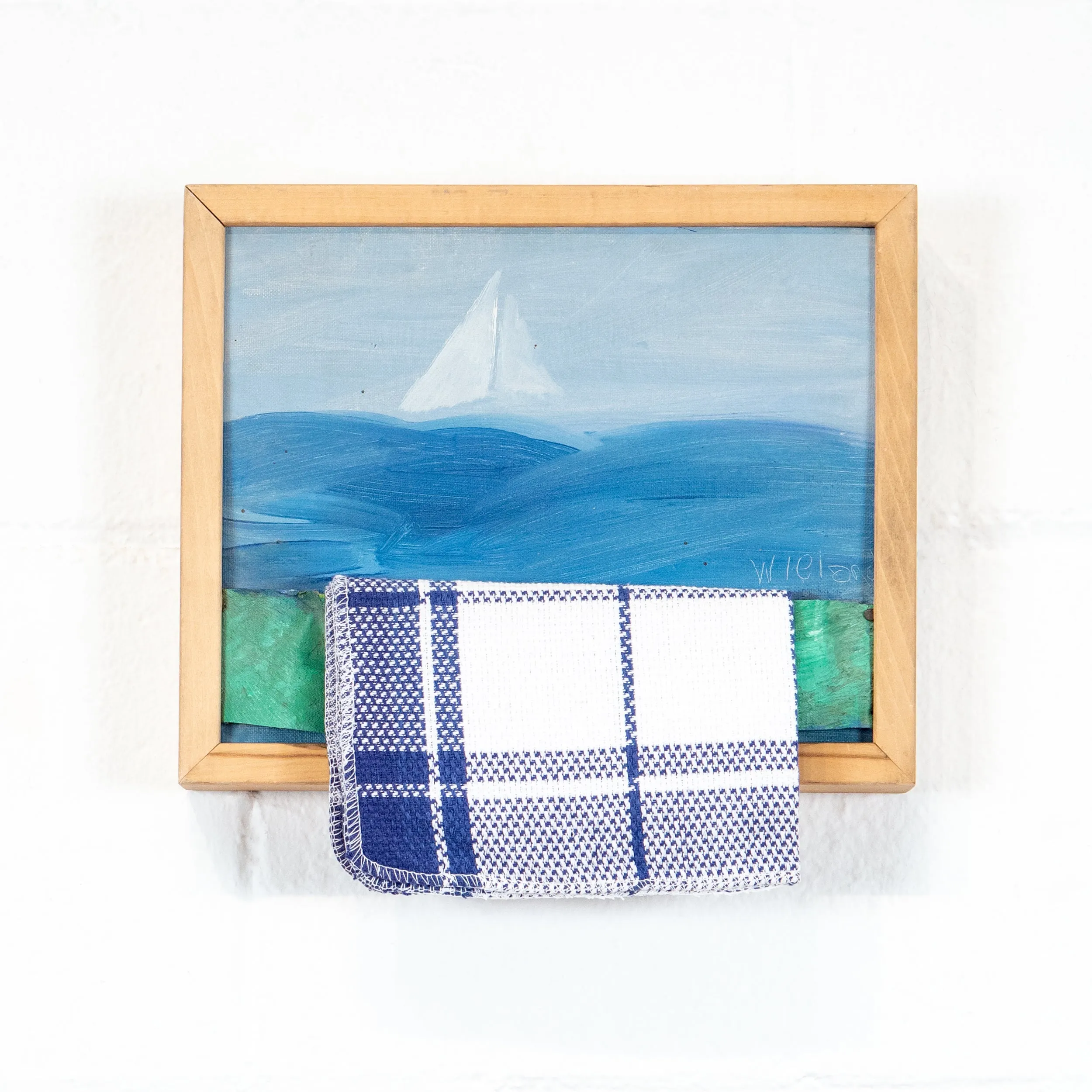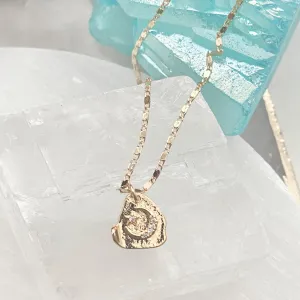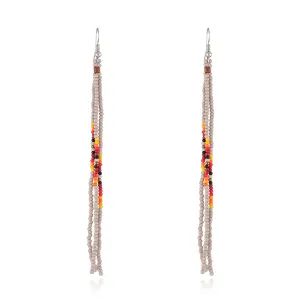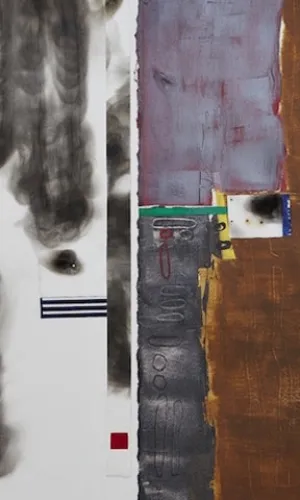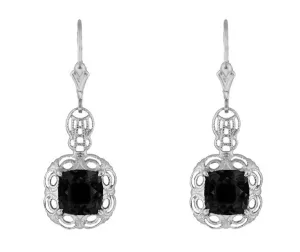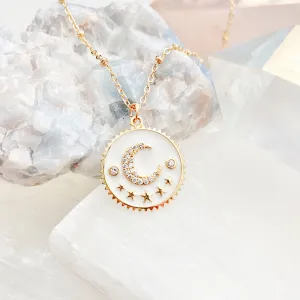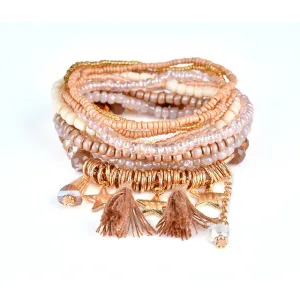Joyce Wieland (1931-1998) was one of the most accomplished and versatile Canadian artists of the 20th century. Emerging on the Toronto art scene in the early 1960s, throughout her career Wieland would explore the role of women, the body, nationalism, and the environment using a variety of mediums.
Wieland’s work shows how responsive she was to the period’s key artistic currents, such as Pop art and Conceptual art, though her interpretations of them were always original and idiosyncratic.
Consider that Pop art first emerged as a category of painting devoted to depicting everyday objects. Some of the most daring and innovative artists of the era took it a step further and began including actual objects with their paintings. (Artists such as Jim Dine and Robert Rauschenberg for example)
Joyce Wieland does not get adequate credit for being one of the very few Canadian artists working under the auspices of Pop art. One could argue that she is typically relegated to the margins with excess emphasis on "Feminist" categorization.
Although "Rack" is more intimately scaled, it still has the power and pulls of her male contemporaries' large works. Her painting is literally a window on another world. One could argue that the artist is actually stuck indoors dealing with domestic tasks while dreaming of the freedom and danger of the open seas. Plus there is the possibility of a double-entendre in the title as the tea-towel sits on a "rack" which is a common slang word for a woman's bust. Finally, the verso of the work Wieland has boldly scrawled her name and the title in a material that looks like red lipstick.
Today Joyce Wieland's works can be found in numerous public collections across Canada including the National Gallery, Museum London, and the Art Gallery of Ontario (Toronto) to mention a few.
Questions about this piece? or call 1. 416.704.1720.
Canada, circa 1973
Signed by the artist
Signed and titled by the artist verso
Oil on canvas, with towel, collage and mixed media on canvas board
8"H 10"W (canvas board)
Very good condition
Minor wear to original period frame

